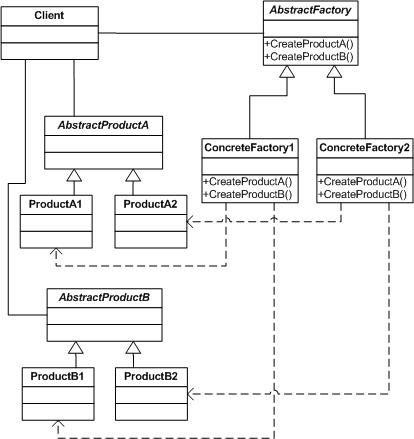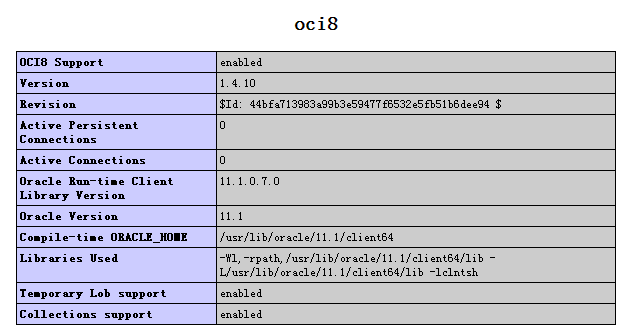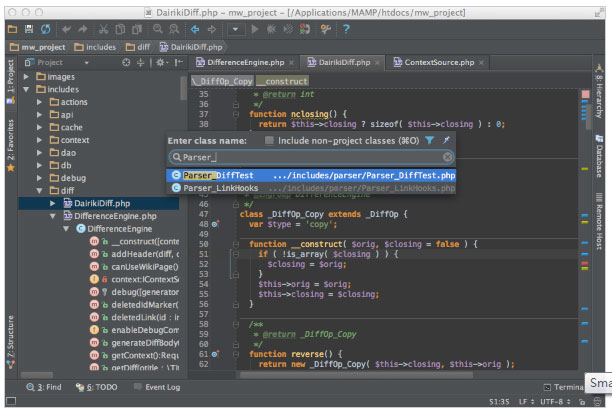|
|
一、php中實現自動加載的方法
1.使用require,include,require_once,include_once手工進行加載。
2.使用__autoload來進行自動加載
3.使用spl的autoload來實現自動加載
手工加載的實現:
當需要加載的文件很少的時候我們可以使用第一個來完成。這樣做很簡單也沒問題。
復制代碼 代碼如下:
require_once 'a.php';
require_once 'b.php';
require_once 'c.php';
但是當需要加載文件很多的時候這樣做還行嗎?需要寫十個,二十個require_once 或者更多的時候我們該怎么辦?
這個時候我們可以使用__autoload方法來簡化我們的代碼。
__autoload加載的實現:
我們在test目錄下創建一個in.php文件,內容如下。
復制代碼 代碼如下:
echo '我是test下面的in.php<br />';
然后在test目錄下創建一個loader.php,內容如下。
復制代碼 代碼如下:
// 需要重載__autoload方法,自定義包含類文件的路徑
function __autoload($classname)
{
$class_file = strtolower($classname).".php";
if (file_exists($class_file)){
require_once($class_file);
}
}
@$test = new in(); // 執行到這里會輸出 <SPAN style="FONT-FAMILY: Arial, Helvetica, sans-serif">我是test下面的in.php</SPAN>
沒問題,成功了!我們還可以創建其他的文件來進行加載,但是當需要的文件很多需要區分目錄的時候怎么辦?
這時我們需要修改loader.php可以使用映射來找到要加載的文件。
復制代碼 代碼如下:
function __autoload($class_name) {
$map = array(
'index' => './include/index.php',
'in' => './in.php'
);
if (file_exists($map[$class_name]) && isset($map[$class_name])) {
require_once $map[$class_name];
}
}
new index();
這種方法的好處就是類名和文件路徑只是用一個映射來維護,所以當文件結構改變的時候,不需要修改類名,只需要將映射中對應的項修改就好了。
但是__autoload在一個項目中只能使用一次,當你的項目引用了別人的一個項目,你的項目中有一個__autoload,別人的項目也有一個__autoload,這樣兩個__autoload就沖突了.解決的辦法就是修改__autoload成為一個,這無疑是非常繁瑣的,應用場景單一。
spl的autoload加載實現:
spl的autoload系列函數使用一個autoload調用堆棧,你可以使用spl_autoload_register注冊多個自定義的autoload函數,應用場景廣泛
•在test目錄下建立in.php,內容如下
復制代碼 代碼如下:
<?php
class in {
public function index() {
echo '我是test下面的in.php';
}
}
?>
在test目錄下建立loader.php,內容如下
復制代碼 代碼如下:
<?php
set_include_path("/var/www/test/"); //這里需要將路徑放入include
spl_autoload("in"); //尋找/var/www/test/in.php
$in = new in();
$in->index();
•spl_autoload_register將函數注冊到SPL __autoload函數棧中,修改loader.php
復制代碼 代碼如下:
function AutoLoad($class){
if($class == 'in'){
require_once("/var/www/test/in.php");
}
}
spl_autoload_register('AutoLoad');
$a = new in();
$a->index();
•spl_autoload_register注冊多個自定義的autoload函數的應用
首先在test目錄下建立mods文件夾并建立inmod.mod.php內容如下:
復制代碼 代碼如下:
<?php
class inmod
{
function __construct()
{
echo '我是mods下的in';
}
}
然后在test目錄下建立libs文件夾并建立inlib.lib.php內容如下:
復制代碼 代碼如下:
<?php
class inlib
{
function __construct()
{
echo '我是libs下的in';
}
}
最后在test目錄下建立loader.php內容如下
復制代碼 代碼如下:
<?php
class Loader {
/**
* 自動加載類
* @param $class 類名
*/
public static function mods($class) {
if($class){
set_include_path( "/var/www/test/mods/" );
spl_autoload_extensions( ".mod.php" );
spl_autoload( strtolower($class) );
}
}
public static function libs($class) {
if($class){
set_include_path( "/var/www/test/libs/" );
spl_autoload_extensions( ".lib.php" );
spl_autoload( strtolower($class) );
}
}
}
spl_autoload_register(array('Loader', 'mods'));
spl_autoload_register(array('Loader', 'libs'));
new inmod();//輸出<SPAN style="FONT-FAMILY: 'Times New Roman'; FONT-SIZE: 14px">我是mods下的in</SPAN>
new inlib();//<SPAN style="FONT-FAMILY: Arial, Helvetica, sans-serif">輸出</SPAN><SPAN style="FONT-FAMILY: 'Times New Roman'; FONT-SIZE: 14px">我是libs下的in</SPAN>
php技術:php自動加載機制的深入分析,轉載需保留來源!
鄭重聲明:本文版權歸原作者所有,轉載文章僅為傳播更多信息之目的,如作者信息標記有誤,請第一時間聯系我們修改或刪除,多謝。



